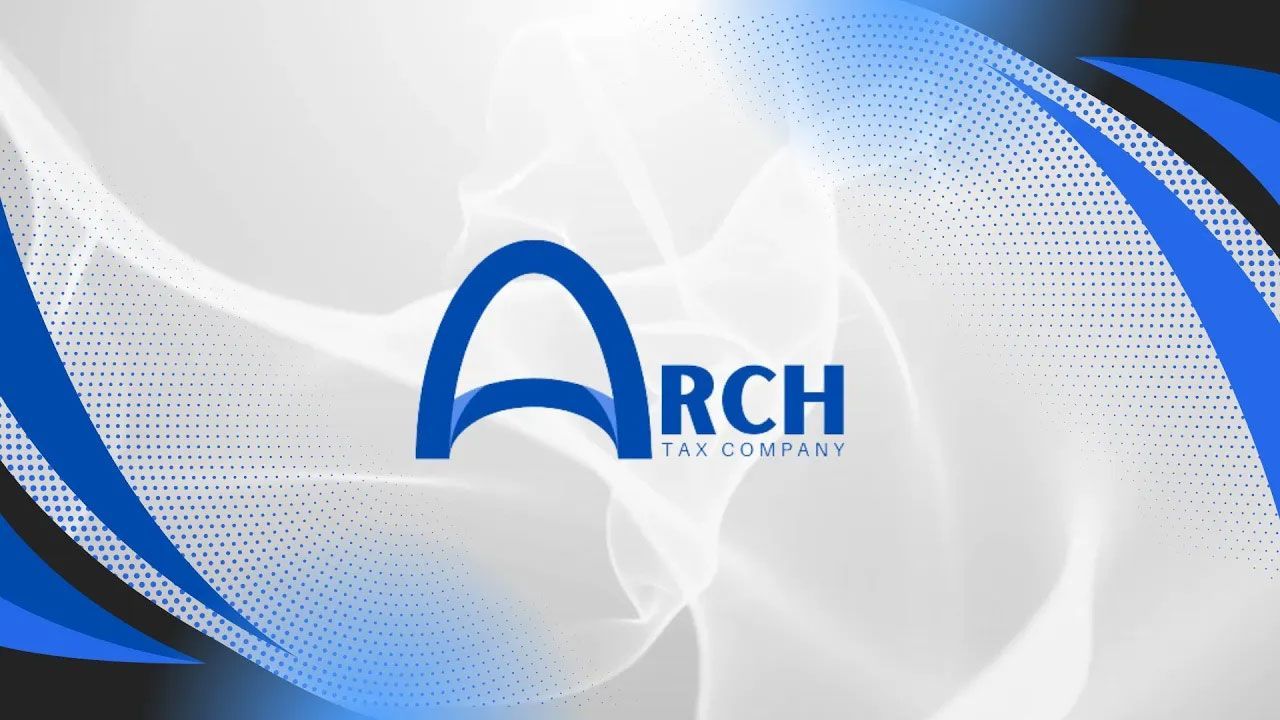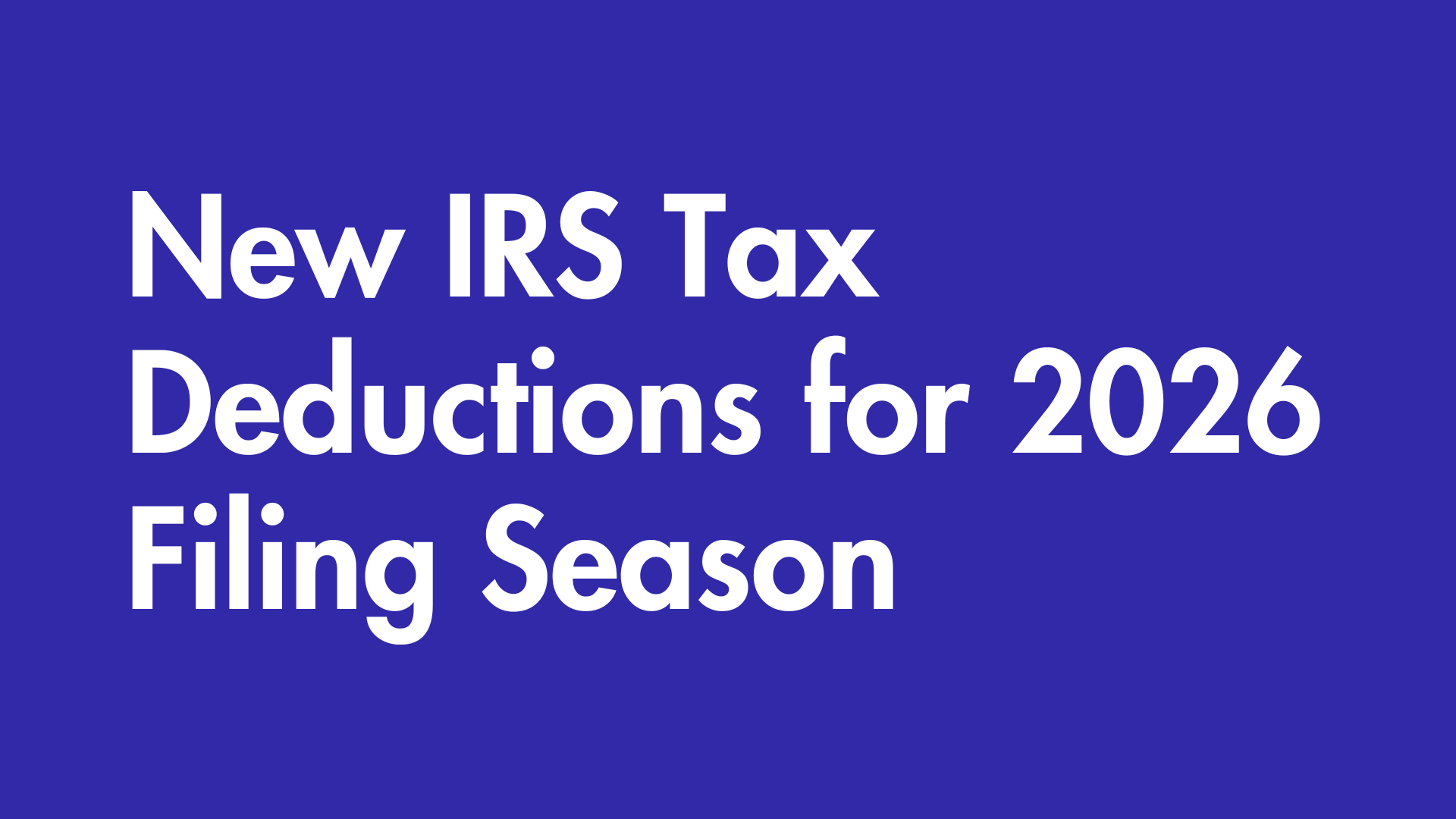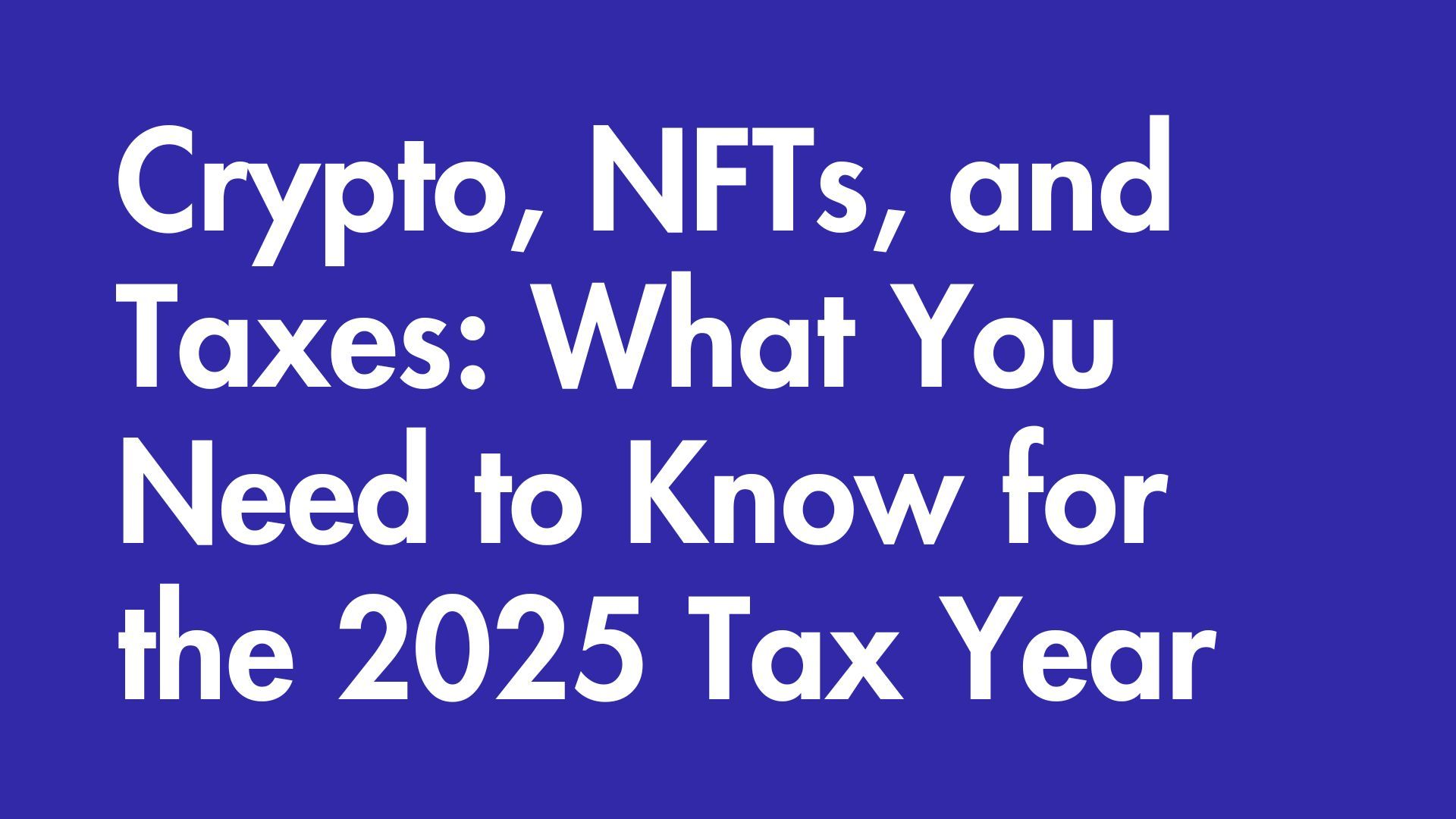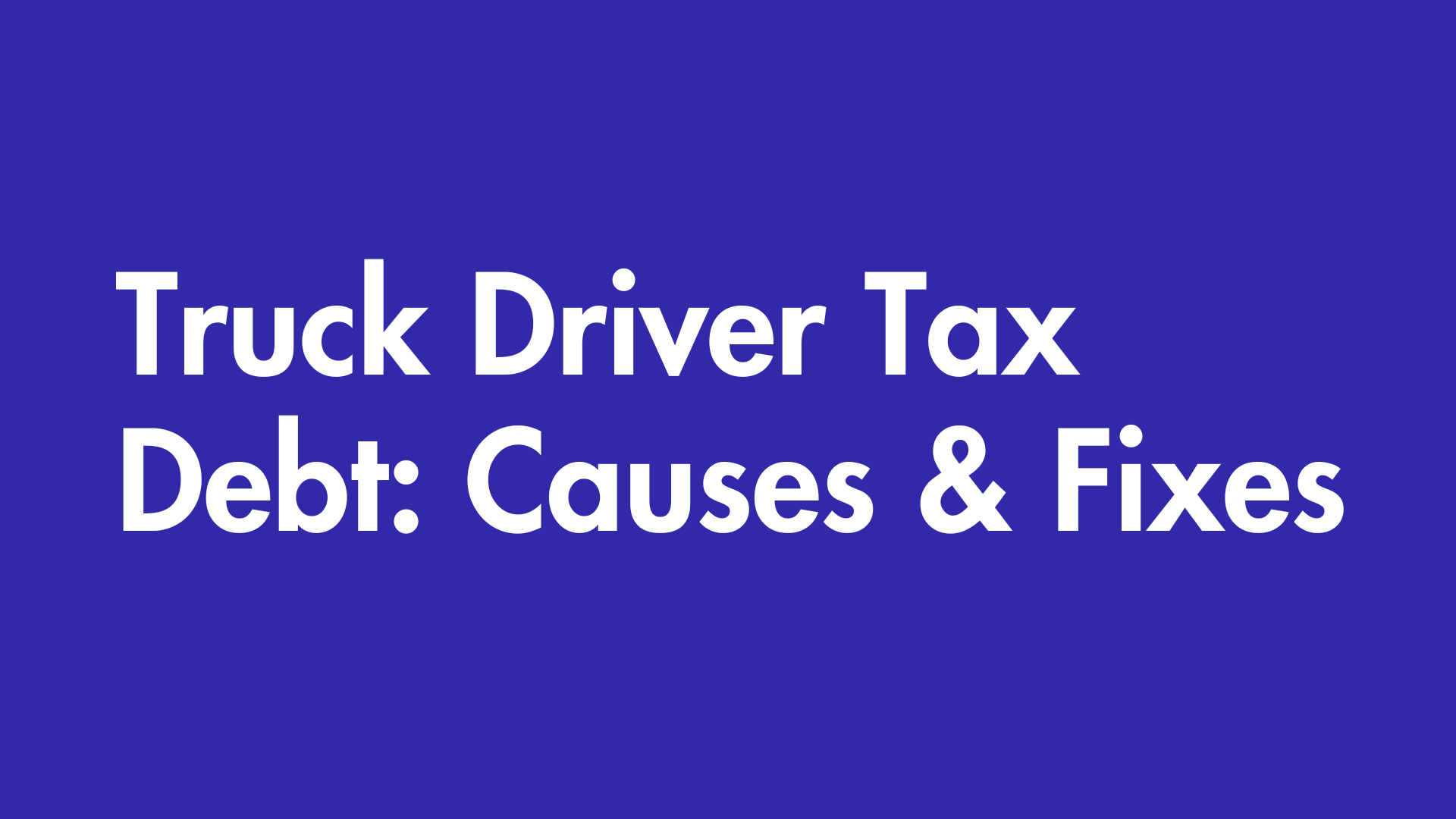Inside the IRS: What’s Changing in Tax Administration?
1. Smarter Use of Tax Data
One of the most compelling topics in this year’s bulletin is how the IRS is using data science to become more efficient and proactive. From predictive analytics to pattern recognition, the agency is leveraging tax return data to identify errors, detect fraud, and personalize taxpayer services.
What it means for you: Expect more accurate notices and fewer delays—but also increased scrutiny if something looks off in your return.
2. A New Era of Tax Audits
The IRS is shifting its audit strategies based on cutting-edge research. Rather than relying on random audits or broad targeting, the agency is moving toward more precise, risk-based approaches using machine learning tools.
What it means for you: While overall audit rates remain low, high-risk returns—like those with large deductions, complex business activity, or signs of evasion—could face more focused attention.
3. Taking on Tax Avoidance
Researchers examined corporate and high-net-worth individual behaviors that legally minimize tax but push the envelope. These studies explore how entities use gray areas in tax law—and how new rules or enforcement strategies might close the gaps.
What it means for you: Expect potential changes in tax code interpretations or new limits on deductions and credits in coming years.
4. Reducing the Filing Burden
The IRS wants to make tax filing easier. The bulletin features research on improving tax form usability, cutting paperwork, and reducing complexity. E-filing, prefilled returns, and integrated digital systems are being actively explored.
What it means for you: Filing could get faster and less stressful in the future. But staying current with new filing tools will be key.
5. Why This Research Matters
Behind every tax reform is a stack of data, and the IRS is clearly listening to researchers. By grounding policy decisions in academic studies and conference insights, the agency hopes to build a more modern, equitable, and efficient system.
What it means for you: Being aware of these developments helps you stay compliant and avoid costly mistakes.
6. Final Thoughts
The 2024 IRS Research Bulletin is more than a dense government report—it’s a signal of change. Whether it’s smarter audits, reduced paperwork, or tightened enforcement, the IRS is actively reshaping how it serves (and scrutinizes) taxpayers.
Want to read the full Publication 1500 yourself?
View the 2024 IRS Research Bulletin (PDF)
Need help navigating tax changes? Contact us at Arch Tax—we’re staying ahead of the curve so you don’t have to.








